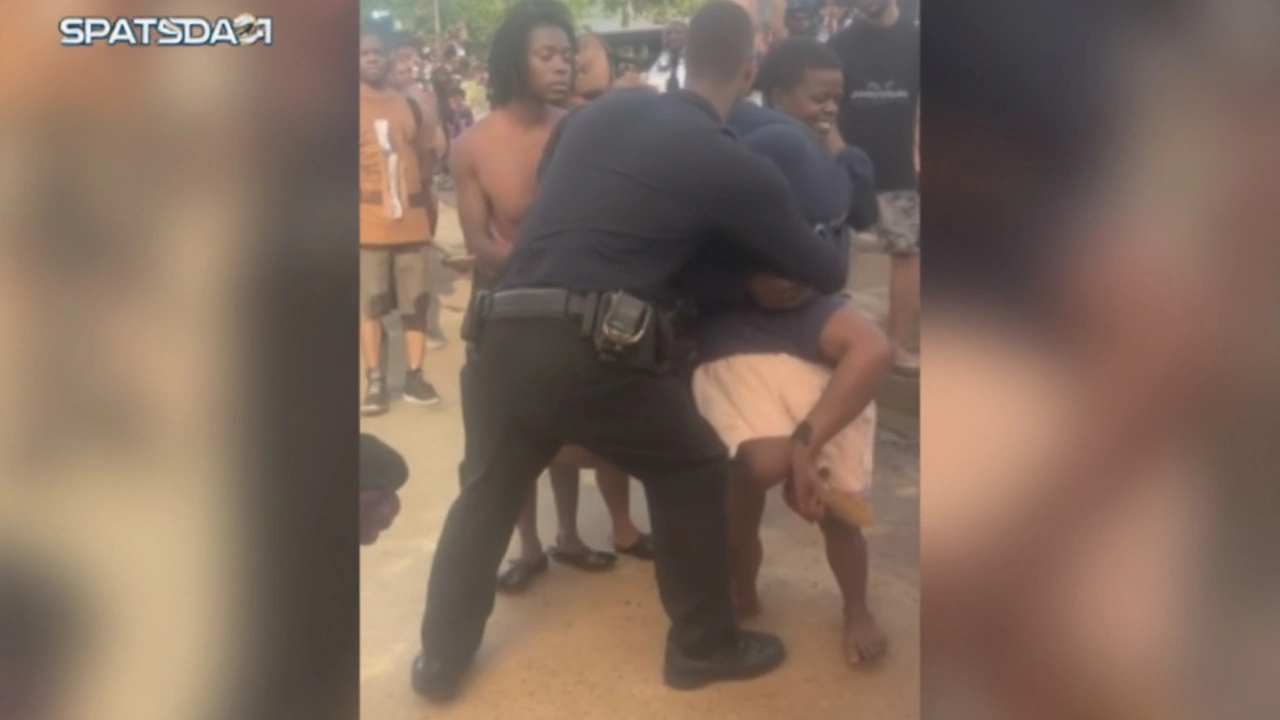Juneteenth’s Journey to Federal Holiday Status
Not too long ago, Juneteenth was mostly a regional celebration, largely rooted in Texas and neighboring states. Now, it sits alongside holidays like Independence Day and Labor Day on the federal calendar. President Joe Biden put his signature to the Juneteenth National Independence Day Act on June 17, 2021—making June 19 an official federal holiday for the first time since Martin Luther King Jr. Day arrived in the '80s. The day honors a powerful moment: On June 19, 1865, two months after the Civil War ended, enslaved people in Galveston, Texas finally heard the news of their freedom—over two years after the Emancipation Proclamation had been issued.
Fast forward to 2025—Juneteenth lands on a Thursday. If you’re a federal employee, that means a day off, plain and simple. Offices go dark, mail service stops, and government buildings close their doors. The rule is straightforward: If the holiday falls on a Saturday, you get Friday off; if it’s on a Sunday, you’ll be off Monday. This year, there are no such adjustments—June 19 lands squarely in the work week.
How the States Handle Juneteenth & Local Traditions
While Juneteenth is officially marked nationwide, not every state treats it the same way. Some states go the extra mile by making it a paid state holiday, meaning government workers get a free day, just like the feds. States such as Alabama, Colorado, Connecticut, Delaware, Illinois, Kansas, Idaho, and Massachusetts fall into this group. In these places, Juneteenth is part of the same official rotation as holidays like Memorial Day and Thanksgiving.
Other states, though, take a lighter approach. Places like Arizona, Florida, Hawaii, Georgia, and Wisconsin recognize Juneteenth on paper but stop short of giving the day off. Instead, it’s logged as a state observance only, often with symbolic recognition but without the guarantee of paid leave. This patchwork just highlights how much debate still exists over whether Juneteenth should have full holiday status across all 50 states.
When it comes to traditions, Juneteenth has no shortage of iconic symbols and flavors. There’s the Juneteenth flag: red, blue, and white, with a bursting white star at the center. It flies as a nod to freedom and the journey toward equality, often front and center at celebrations. Texas festivities, in particular, are never complete without bottles of Big Red soda—a fizzy, sweet, cream-flavored drink you see at nearly every cookout—and plates stacked with barbecue and red velvet cake. Some cities hold parades, gospel concerts, and fairs, channeling the holiday’s roots in resilience and community.
It hasn’t all been smooth sailing, either. In January 2025, President Donald Trump issued an executive order rolling back some diversity and equity initiatives within federal agencies. That move left some worried it might dampen support for cultural celebrations like Juneteenth inside government departments. But here’s the bottom line: the federal holiday status is protected, and official observances—like those for Black History Month—continue to get the green light from Washington, D.C. The executive order may shift some behind-the-scenes programming, but Juneteenth’s legal standing isn’t going anywhere.
This federal recognition was hard-won. People like Opal Lee, a 90-something-year-old activist from Texas, spent years lobbying lawmakers to get Juneteenth on the national stage. The Congressional Black Caucus played a major role, too, rallying support both inside and outside Congress. When the bill finally came up for a vote, it breezed through the Senate without a single objection and landed in the House, passing 415 to 14. Not something you see every day.
So, 2025 brings another year where Juneteenth stands out as both a symbol and a reality—a national holiday with deep meaning, still evolving in the way each state and community chooses to honor it.


